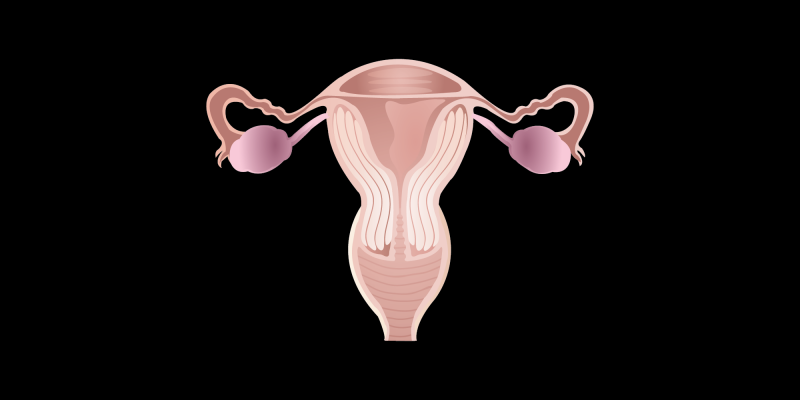
In today's comprehensive guide, we delve into the depths of ovarian cancer, a serious health concern affecting women worldwide. This article not only sheds light on the causes, symptoms, and risk factors of ovarian cancer but also emphasizes the significance of early detection and proactive measures for prevention.
Ovarian cancer is a formidable adversary, originating in the ovaries, vital components of the female reproductive system. This silent assailant often remains undetected until advanced stages, making awareness and understanding paramount.
Types of Ovarian Cancer
Recognizing the Symptoms
Early detection hinges on recognizing symptoms like abdominal pain, bloating, changes in bowel habits, and unexplained weight loss. Vigilance is key.
Risk Factors to Consider
Diagnosis and Staging
Accurate diagnosis involves pelvic exams, ultrasounds, blood tests, and possibly a biopsy. Staging determines the extent of cancer's spread.
Treatment Options
Treatment varies based on stage and includes surgery, chemotherapy, and targeted therapy. Personalized approaches are increasingly common.
The Importance of Early Detection
Early detection significantly improves survival rates. Routine gynecological check-ups and awareness of symptoms are vital.
Lifestyle Choices for Prevention
Genetic Predisposition
Understanding your genetic makeup aids in risk assessment. Genetic counseling and testing are valuable tools.
Hormone Replacement Therapy (HRT)
Balancing the benefits and risks of HRT is crucial, as it might influence ovarian cancer risk.
Ovarian Cancer and Age
Age plays a role, with older women facing a higher risk. Regular screenings become more crucial as one ages.
Ovarian Cancer Research and Innovations
Ongoing research fuels advances in early detection and treatment, offering hope for improved outcomes.
Psychological Impact on Patients
The emotional toll of ovarian cancer can't be underestimated. A strong support network and counseling are vital.
Supporting a Loved One with Ovarian Cancer
Emotional support and active involvement in treatment decisions are immensely valuable to patients.
Empowering Women's Health
Ovarian cancer demands attention, understanding, and action. By fostering awareness, advocating early detection, and embracing preventive measures, we empower women to take control of their health.
Dispelling the widespread misconceptions about STIs
How is the leg numbness brought on by spinal stenosis treated?